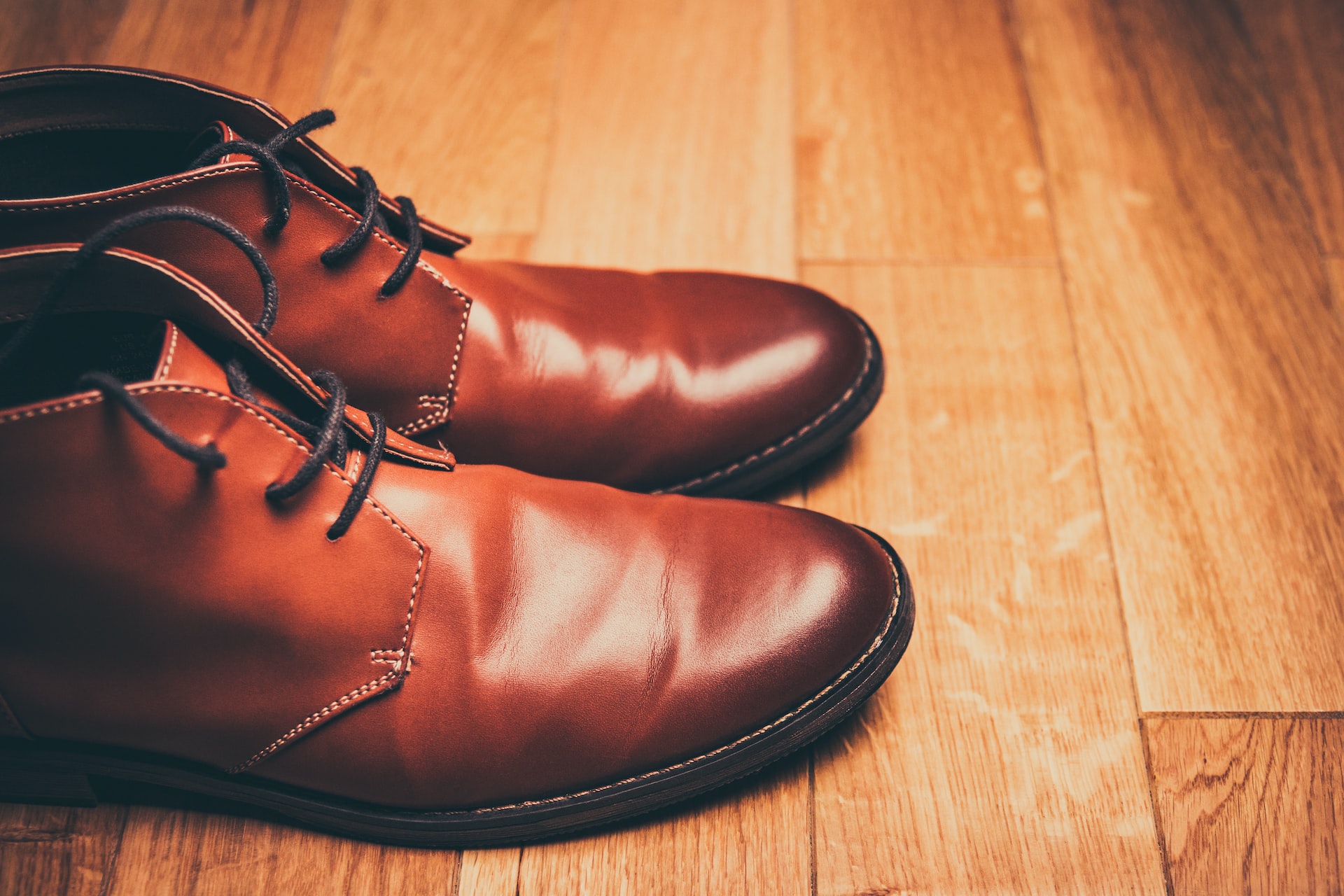A country where East meets West, Turkey is known not only for its rich culture but also as a thriving center for shoe manufacturing. This blog highlights the dynamics of the Turkish footwear industry and provides practical insights for importers looking to take advantage of the high-quality, fashionable footwear that Turkey has to offer.
Turkey as a shoe producer
Turkey has emerged as a prominent player in the global footwear industry, known for its:
- Quality and craftsmanship: Turkish shoes are known for their excellent craftsmanship, with a mix of traditional techniques and modern innovations.
- Diversity in styles: From classic leather shoes to trendy designs, the Turkish shoe market offers a wide range of styles that match global fashion trends.
- Competitive prices: Despite the high quality, Turkish shoes are often competitively priced, making them attractive to importers from all over the world.
- Short delivery time: The transport time between Turkey and the EU is considerably shorter than from Asia, so you can switch much faster. You can choose between road and sea transport.

Little or no import tariffs
A crucial aspect of importing shoes from Turkey is the import tariffs. These rates vary depending on the country you are importing into and the specific trade agreements in place. In many cases, Turkey benefits from preferential trade agreements with various countries and regions, which can result in reduced or even eliminated tariffs.
Step-by-step plan for importing shoes from Turkey
- Market Analysis: Start with an in-depth analysis of the Turkish footwear market. Identify the latest trends and most in-demand styles to meet the needs of your target market.
- Reliable partners: Finding the right Turkish manufacturer or supplier is crucial. Look for partners with a good reputation and experience in exporting.
- Quality Inspection: Ensure strict quality controls. Visit factories personally or work with local inspection agencies to ensure shoe quality.
- Customs and Legislation: Be aware of customs regulations and import taxes in your country to avoid unforeseen costs and delays.
Read also:

The role of a sourcing agent when importing from Asia
Read here about the benefits of professional sourcing for the purchase of your products from Asia
Challenges and solutions
Importing shoes from Turkey can have its challenges:
- Logistics planning: Distance and logistics can be complex. Consider cooperation with experienced freight forwarders who are familiar with the Turkish market.
- Language and Cultural Barriers: Language differences can make communication difficult. Consider hiring an interpreter or working with someone who speaks both Turkish and your local language.
- Exchange Rate Fluctuations: Currency fluctuations can affect costs. Plan ahead and consider currency hedging strategies to minimize financial risks.
Conclusion
Importing shoes from Turkey can be a lucrative business considering the quality, diversity and pricing of Turkish shoes. With the right preparation, research and partnerships, you can create a successful import strategy and take advantage of what the Turkish footwear market has to offer.
Do you need help with importing from Turkey?
Westwood Sourcing offers specialist support and expertise to make your import from India successful and efficient. Contact us today for more information!









